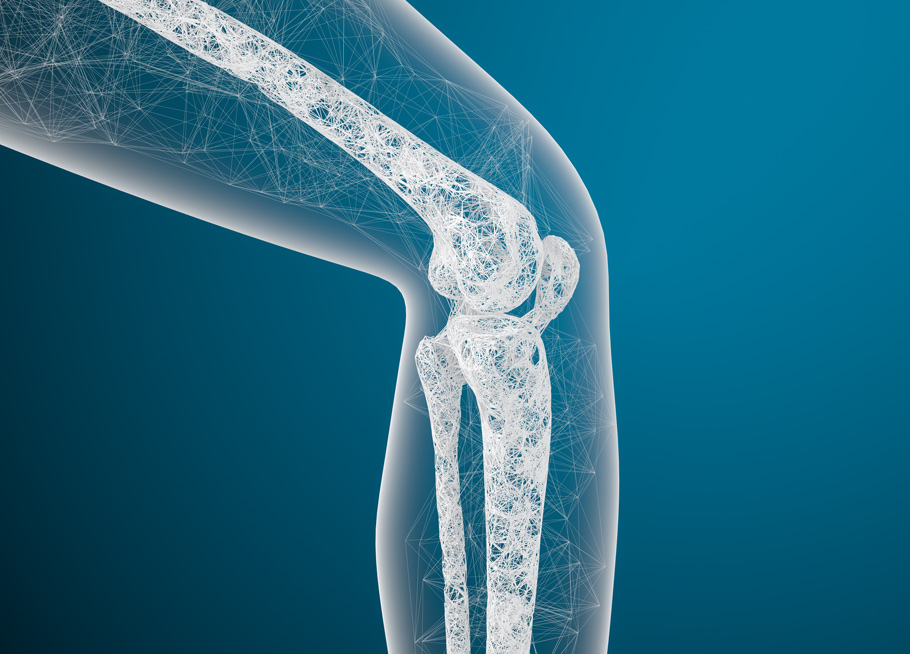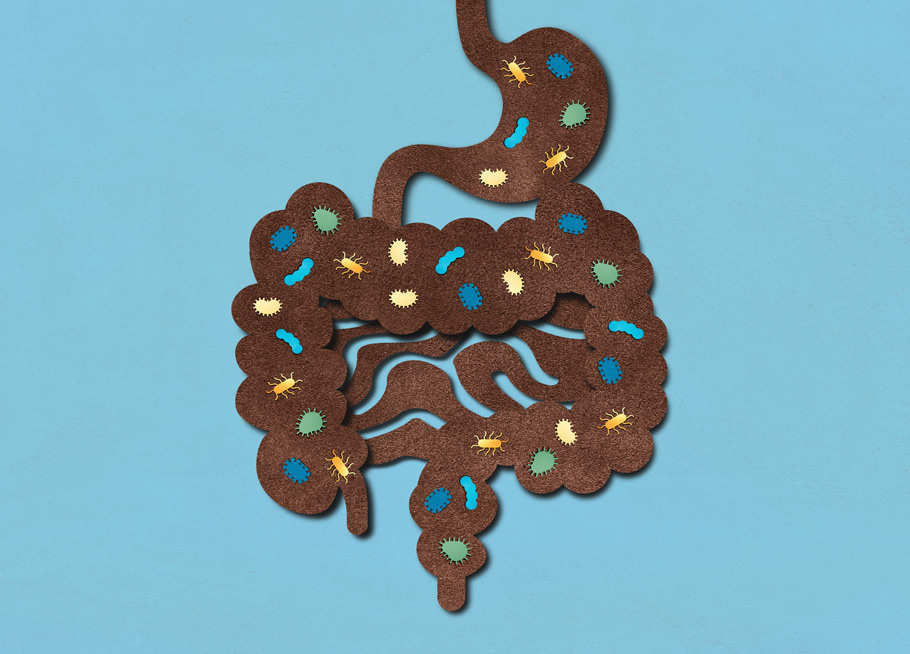
Quick Overview
Gout and kidney stones are two conditions that may seem unrelated at first glance but share a common thread through the body’s handling of uric acid. Both can cause significant discomfort and health issues, yet with the right knowledge, they can be managed effectively.
Detailed Analysis
The Intricacies of Uric Acid Metabolism
Hyperuricemia, an excess of uric acid in the blood, is a key factor in the development of both gout and uric acid kidney stones. This condition can result from an overproduction of uric acid due to diet or cell turnover, or from an under-excretion by the kidneys.
What is Gout?
Gout manifests as sudden and severe pain in the joints, with the big toe being a common site. The pain is a result of urate crystal accumulation, stemming from high uric acid levels.
Kidney Stones Explained
Kidney stones, on the other hand, form when minerals and salts, including uric acid, crystallize in the kidneys. Not all kidney stones are related to gout, but those that are consist of the same urate crystals found in gout-afflicted joints.
Prevalence and Statistics
In the UK, both conditions are relatively common, with a higher incidence of kidney stones in individuals who suffer from gout, underscoring the connection between the two.
Contributing Factors
Dietary choices, hydration levels, genetic factors, and comorbidities all play roles in the development of hyperuricemia, and consequently, gout and kidney stones.
Prevention and Treatment Strategies
Maintaining adequate hydration, dietary modifications, and medications that reduce uric acid levels are cornerstone strategies in preventing both gout attacks and the formation of kidney stones.
Professional Recommendations
Regular monitoring for signs of kidney stones in gout patients and vice versa is advised, as is an integrated approach to treatment involving both rheumatologists and nephrologists.
Conclusion
While gout and kidney stones are individual conditions, their interrelation through uric acid metabolism is clear. Understanding this connection is vital for effective prevention and management, offering hope to those affected by either or both conditions.
References
- Hyperuricemia and Gout: Understanding the Connections. National Health Service (NHS) UK.
- Kidney Stones: Types, Diagnosis, and Treatment. National Health Service (NHS) UK.
- Uric Acid Metabolism and the Role of Kidney Function. British Journal of Medicine.
Article by Dr. Naveen Bhadauria



